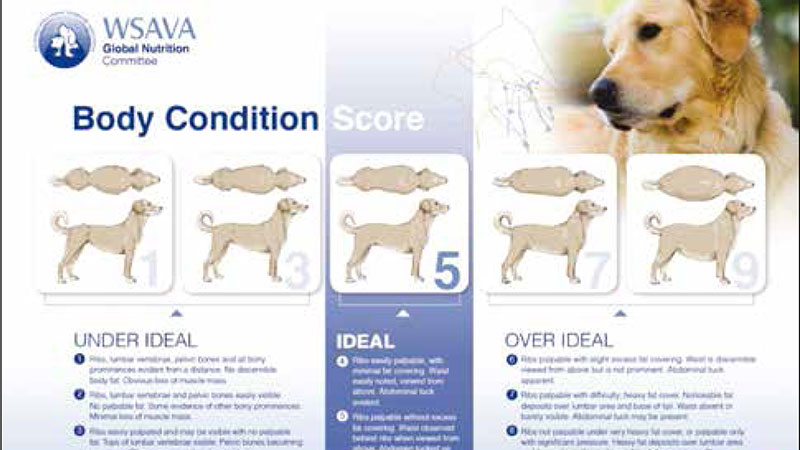How to approach weight loss in the obese canine
The terms ‘obese’ and ‘overweight’ are based on an animal's current bodyweight relative to an ideal bodyweight. According to a 2010 UK veterinary practice survey, slightly over 59% of dogs were classified as overweight or obese. Canine obesity increases risk and prevalence of metabolic disorders, endocrine disease, reproductive disorders, cardiopulmonary disease, urinary disorders, dermatological disease, and neoplasia. A successful obesity treatment protocol should incorporate a plan for both weight loss and weight maintenance. Weight rechecks and ongoing nutritional coaching by the veterinary healthcare team are vital components of a successful canine weight loss programme.
Bianca Zenor - Clinical Associate Professor and Director of Veterinary Nursing Program, Purdue University College of Veterinary Medicine, West Lafayette, IN 47906, USA
